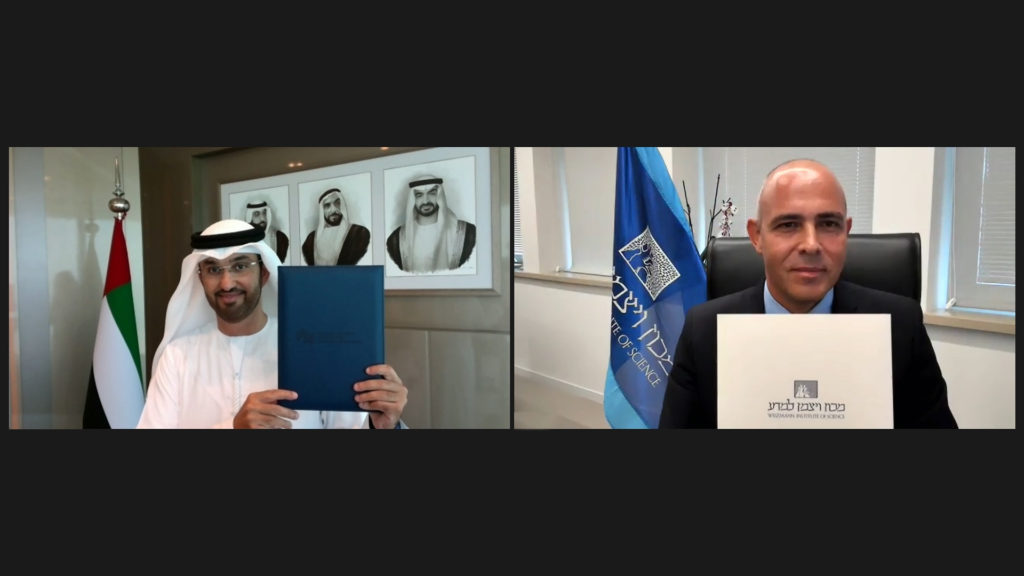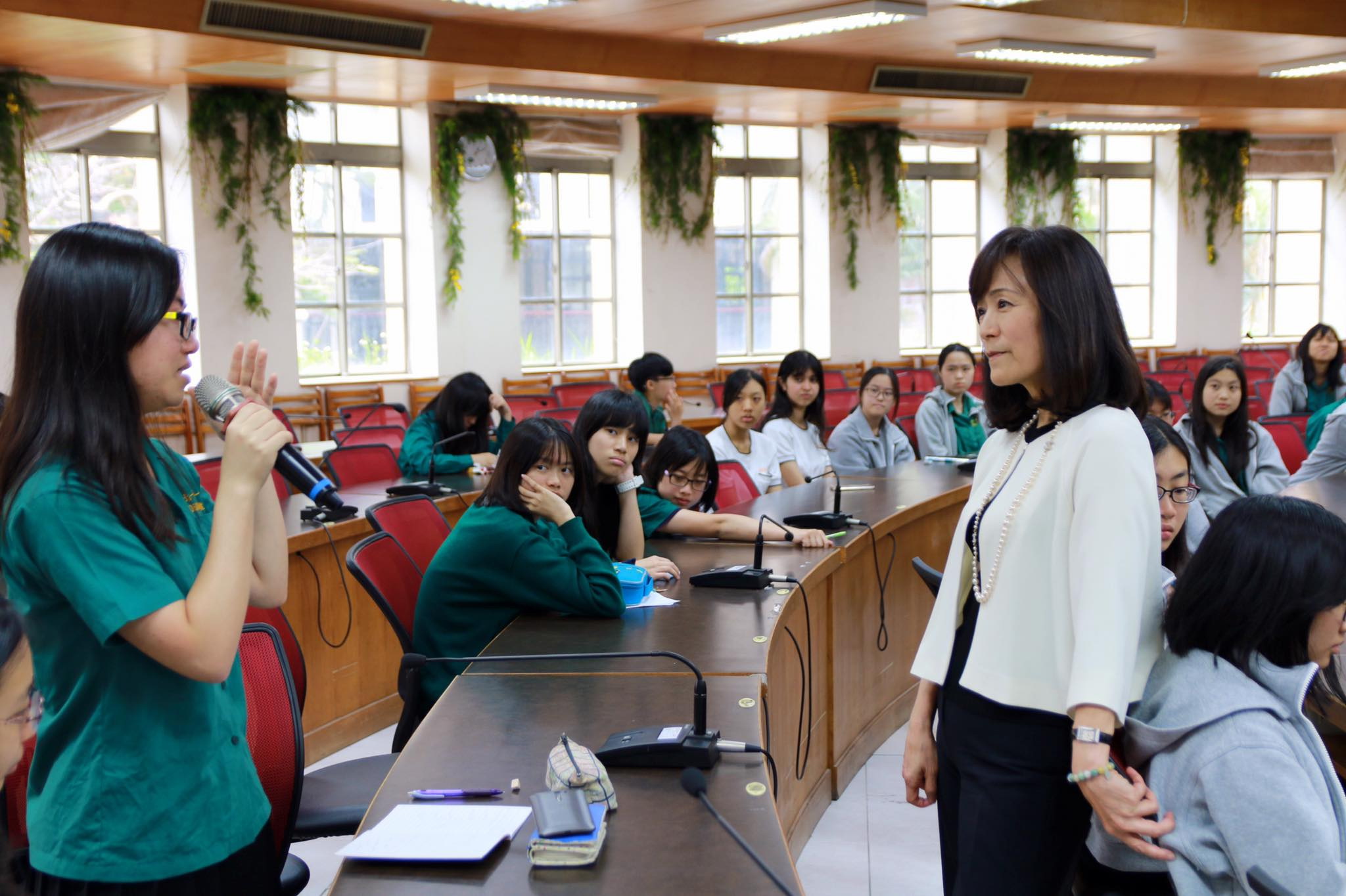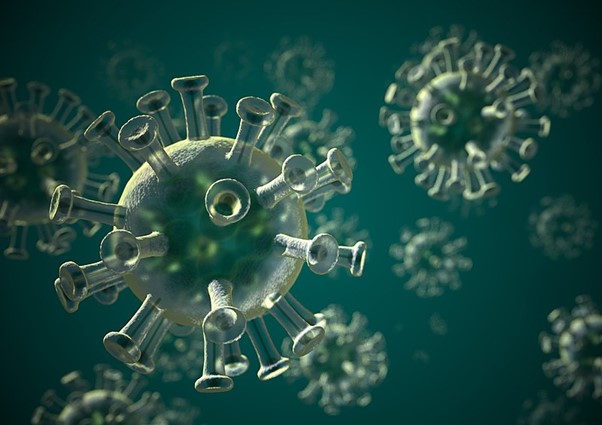
The Weizmann Institute of Science and Mohamed bin Zayed University in the UAE to Collaborate on Artificial Intelligence Research
- News
- 1.4K
A memorandum of understanding (MoU) between the Weizmann Institute of Science in Israel and the Mohamed bin Zayed University of Artificial Intelligence (MBZUAI) in the United Arab Emirates was signed yesterday.
The signing ceremony, which was held virtually, took place in the presence of Weizmann Institute of Science President Prof. Alon Chen and His Excellency Dr. Sultan Ahmed Al Jaber, Minister of Industry and Advanced Technology and member of the Federal Cabinet, and Chairman of the MBZUAI Board of Trustees. A delegation headed by Weizmann Institute President is expected to travel to Abu Dhabi next week to finalize the details of the MoU and discuss its implementation.

The MoU was made possible by the recent agreement for normalization in relations between Israel and the UAE that will be signed in Washington, DC, later this week.
The MoU covers a range of opportunities for collaboration between the two institutions, including student and postdoctoral fellow exchange programs, conferences and seminars, various forms of exchange between researchers, sharing of computing resources, and the establishment of a joint virtual institute for artificial intelligence.
The collaboration will advance the Weizmann Institute’s flagship project, the Artificial Intelligence Enterprise for Scientific Discovery, which will build on the Institute’s prominence in mathematics and computer science, and which is meant to activate the potential of AI to speed knowledge acquisition in data-heavy endeavors like biomedicine, environmental research, chemistry, and astrophysics.
The Weizmann Institute of Science in Rehovot, Israel, is one of the world’s top-ranking multidisciplinary research institutions and offers masters’ and doctoral-level degrees across five faculties. Noted for its wide-ranging exploration of the natural and exact sciences. Institute scientists are advancing research on the human brain, artificial intelligence, computer science and encryption, astrophysics, and particle physics, and they are tackling diseases such as cancer, and addressing climate change through the environmental, ocean, and plant sciences, and more.
The Mohamed bin Zayed University of Artificial Intelligence, established in 2019, is a graduate-level, research-based academic institution located in Abu Dhabi. Named for the UAE crown prince, the University is part of a broader national strategy to make the UAE a leader in artificial intelligence. It offers doctoral and master’s degree programs in the fields of computer vision, machine learning, and natural language processing.
His Excellency Dr. Sultan Ahmed Al Jaber: “As a pioneering university, MBZUAI seeks partnerships with leaders in their respective fields to further our collective scientific understanding and push the boundaries of technological innovation. Therefore, I welcome the opportunity to collaborate with such a renowned establishment as the Weizmann Institute of Science. Through this MoU, we can leverage the expertise of both our institutes towards using artificial intelligence to address some of the world’s most pressing challenges, from COVID-19 to climate change and beyond.”
Prof. Alon Chen, President of the Weizmann Institute of Science: “We are thrilled to have the opportunity to collaborate with this unique, pioneering institution and to advance the field of artificial intelligence together. As a neuroscientist, I believe that AI is an extension of the power and intricacy of the human brain into the digital realm; the implications will be vast, affecting our lives our health, and the global economy. It is said that science knows no borders. I have every hope this collaboration between scientists in the same region will be a shining example of this expression and will extend the boundaries of human knowledge.”
credit: courtesy of the Weizmann Institute of Science
If you liked this article, then please subscribe to our YouTube Channel for the latest Science & Tech news. You can also find us on Twitter & Facebook


